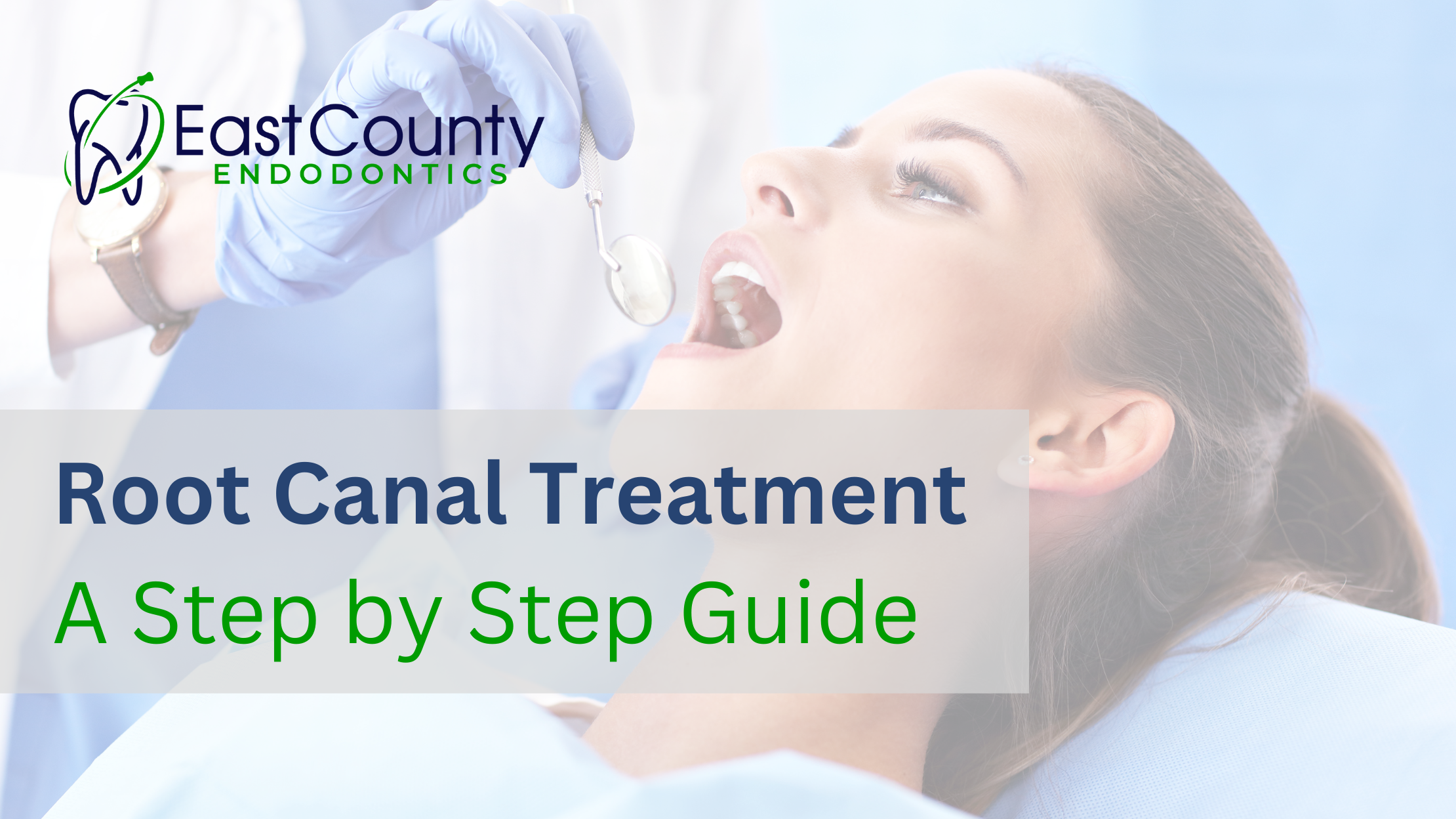Non-Surgical Root Canal Therapy
What Is A Root Canal Therapy?
The core of your tooth is made up of nerves, blood vessels and other tissues, known as the pulp, that fills the center of your teeth. If this pulp becomes infected due to decay, a crack or injury, root canal therapy is required to remove the damaged tissue and clean the canals inside the tooth. Once the canals have been cleaned, they are sealed to preserve the natural tooth and prevent the need for additional procedures like bridges, and dental implants. If left untreated, this can cause pain or lead to an infection or abscess that can spread throughout the body.

Comfortable And Pain-Free Root Canal Care
Nowadays, root canal therapy is a comfortable and painless procedure. The tooth is numbed for the entire treatment and for a period after, and any after-procedure discomfort can usually be managed with over-the-counter pain relievers. Many people find that undergoing a root canal is similar to having a filling and they experience relief from any prior tooth pain once the infection is removed. If you’re anxious about the procedure, our office will make sure to set your mind at ease and ensure that you have a comfortable and pain-free experience.
Frequently Asked Questions About Root Canals
Root canal therapy is generally not painful. Your dentist or endodontist will use local anesthesia to numb the area around the tooth being treated, so you should not feel any pain during the procedure. Some patients may experience mild discomfort or sensitivity after the procedure, but this can usually be managed with over-the-counter pain relievers.
Yes, we encourage you to eat before coming into the office.
Yes, we encourage you to follow the post-operative instructions we provide to you once treatment is complete. You should wait until you are no longer numb to eat after treatment and you should try to refrain from eating hard, crunchy, sticky, or chewy foods while the temporary filling is still present in the tooth.
Typically, discomfort can last and peak up to the fourth or fifth day, then start to taper off with each passing day after. The length and levels of discomfort differ from person to person, pending the condition of the tooth. As a rule of thumb, when you wait until you are in pain you will experience discomfort for a few days after the treatment.
Typically, discomfort does start after the anesthetics have worn off, so we will provide any prescriptions needed for post-operative discomfort.
Yes, absolutely. In order for successful healing, maintaining good oral hygiene is vital. Be sure you are brushing at least twice per day. Gently rinsing with mouthwash is also recommended.
No. Extraction may sound like a simple fix, but it will affect the surrounding teeth and the jaw bone in the future. Without investing in an artificial tooth replacement, you could find yourself with some complex dental issues. As endodontists, we understand the importance of saving a natural tooth whenever possible – and highly recommend root canal therapy if it is an option.

